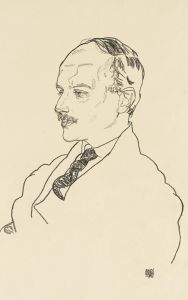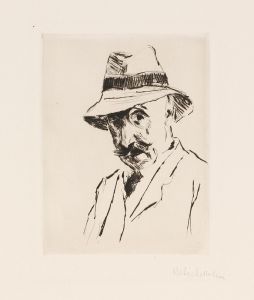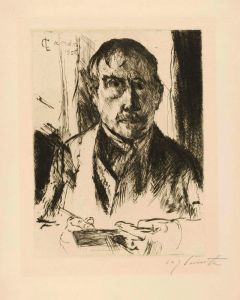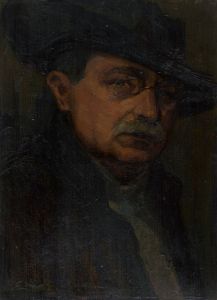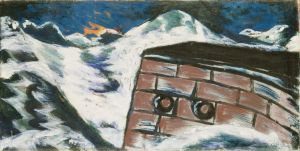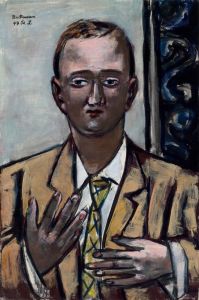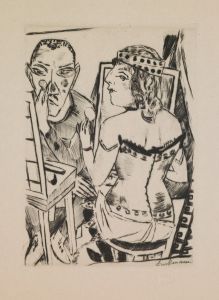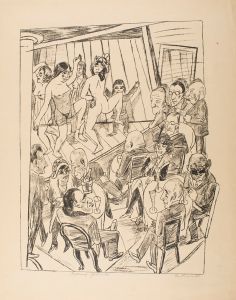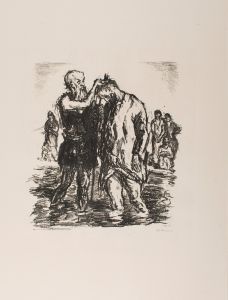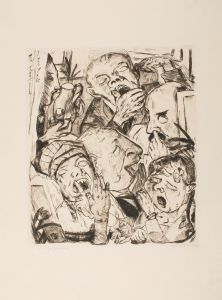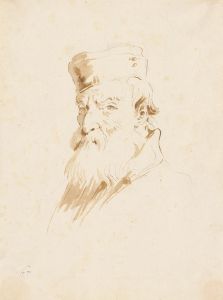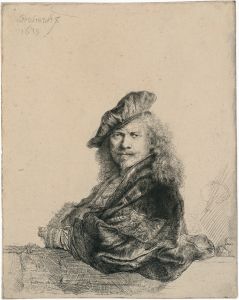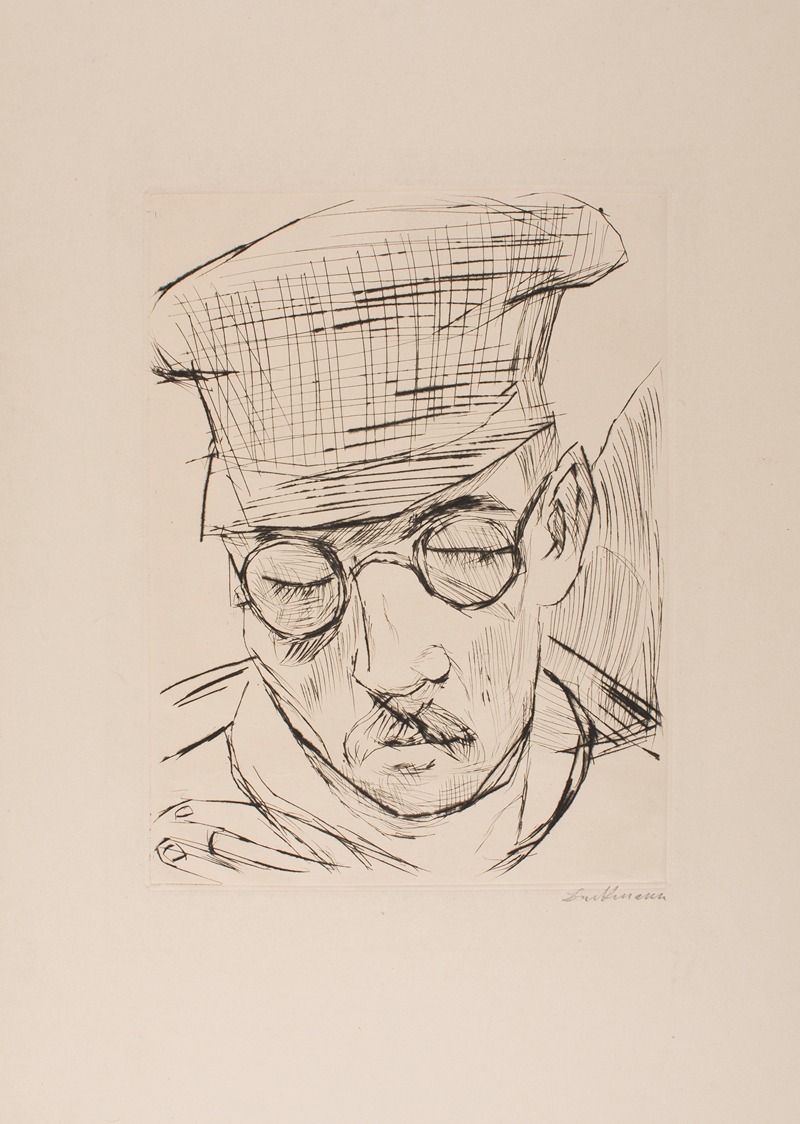
Man with Cap and Glasses
A hand-painted replica of Max Beckmann’s masterpiece Man with Cap and Glasses, meticulously crafted by professional artists to capture the true essence of the original. Each piece is created with museum-quality canvas and rare mineral pigments, carefully painted by experienced artists with delicate brushstrokes and rich, layered colors to perfectly recreate the texture of the original artwork. Unlike machine-printed reproductions, this hand-painted version brings the painting to life, infused with the artist’s emotions and skill in every stroke. Whether for personal collection or home decoration, it instantly elevates the artistic atmosphere of any space.
"Man with Cap and Glasses" is a painting by the renowned German artist Max Beckmann. Beckmann, born on February 12, 1884, in Leipzig, Germany, was a significant figure in the Expressionist movement, although he himself rejected the label. His work is characterized by bold colors, dynamic compositions, and a deep exploration of the human condition, often reflecting the tumultuous socio-political climate of his time.
Beckmann's career spanned several decades, during which he produced a vast array of paintings, drawings, and prints. He is particularly noted for his self-portraits and his ability to capture the psychological depth of his subjects. His style evolved over the years, moving from a more traditional approach to a distinctive form of Expressionism that often incorporated elements of allegory and symbolism.
"Man with Cap and Glasses" exemplifies Beckmann's mature style, where he often depicted figures with a sense of introspection and complexity. The painting features a man wearing a cap and glasses, rendered with Beckmann's characteristic bold lines and rich color palette. The subject's expression and posture suggest a contemplative or introspective mood, inviting viewers to ponder the inner life of the figure.
The painting reflects Beckmann's interest in the human psyche and his ability to convey emotion and thought through his art. His use of color and form creates a sense of tension and depth, drawing the viewer into the world of the subject. Beckmann's work often includes a sense of ambiguity, leaving room for interpretation and engagement with the viewer.
Throughout his career, Beckmann faced significant challenges, particularly during the rise of the Nazi regime in Germany. His art was labeled as "degenerate" by the Nazis, and he was forced to leave Germany in 1937. He spent the following years in exile, first in Amsterdam and later in the United States, where he continued to work and teach until his death in 1950.
Despite these challenges, Beckmann's work has had a lasting impact on the art world. His paintings are celebrated for their emotional depth, technical skill, and the way they capture the complexities of the human experience. "Man with Cap and Glasses" is a testament to Beckmann's ability to convey the intricacies of human emotion and thought through his art.
Today, Beckmann's works are held in high regard and can be found in major museums and collections worldwide. His influence extends beyond the Expressionist movement, impacting a wide range of artists and art movements that followed. "Man with Cap and Glasses" remains an important piece within Beckmann's oeuvre, showcasing his unique approach to portraiture and his enduring exploration of the human condition.





